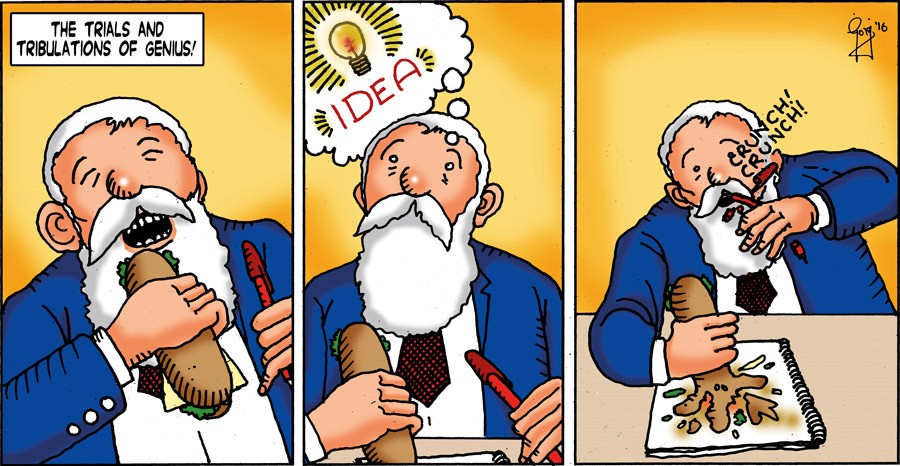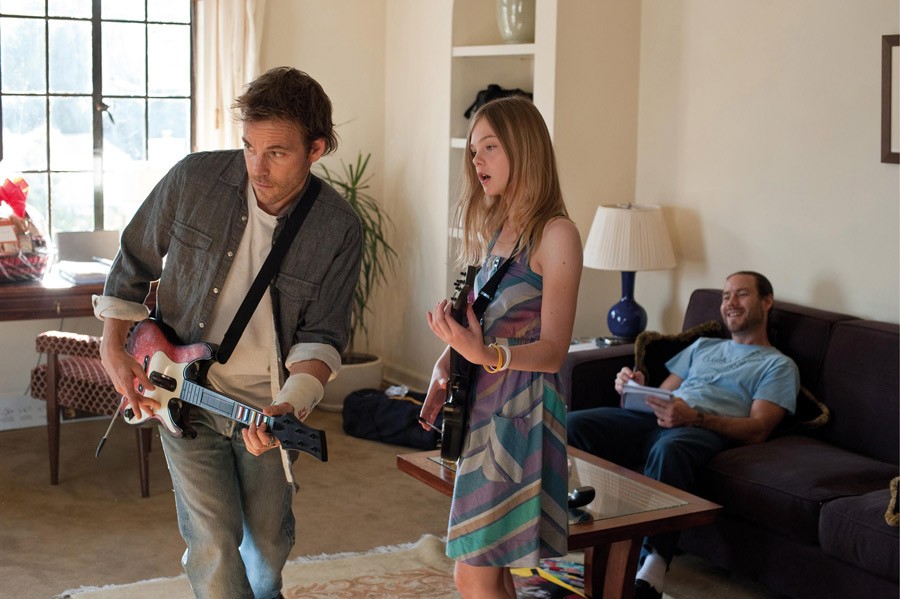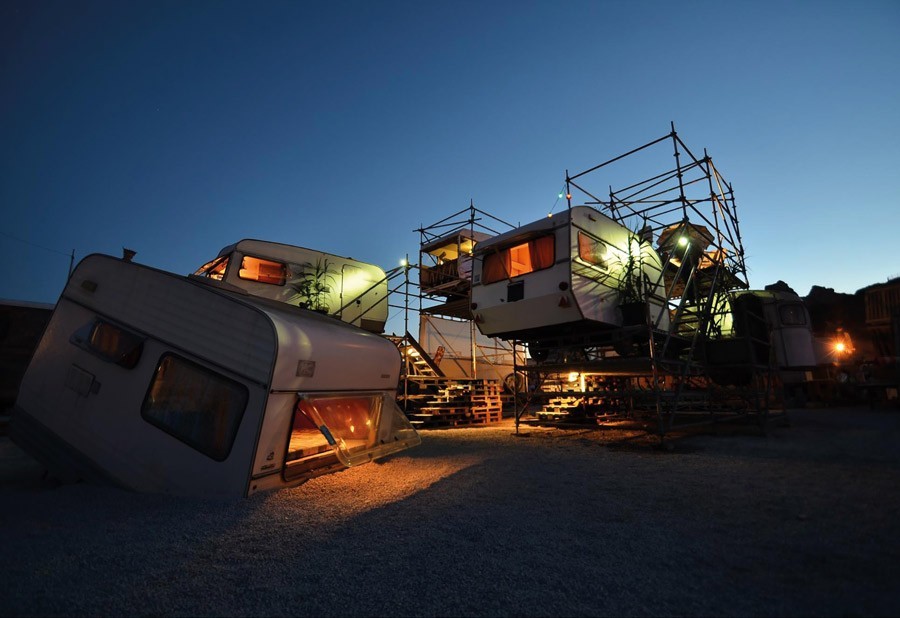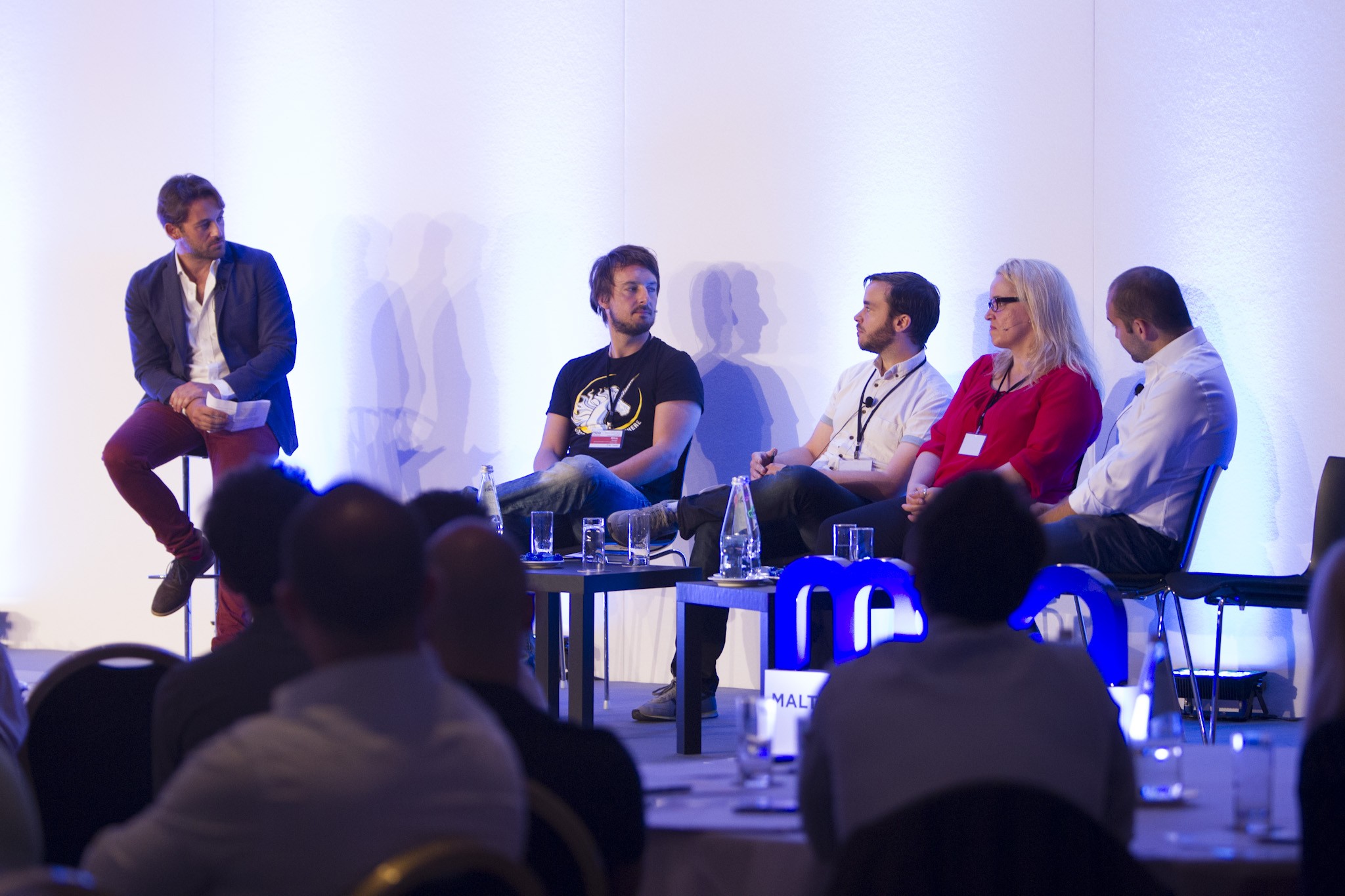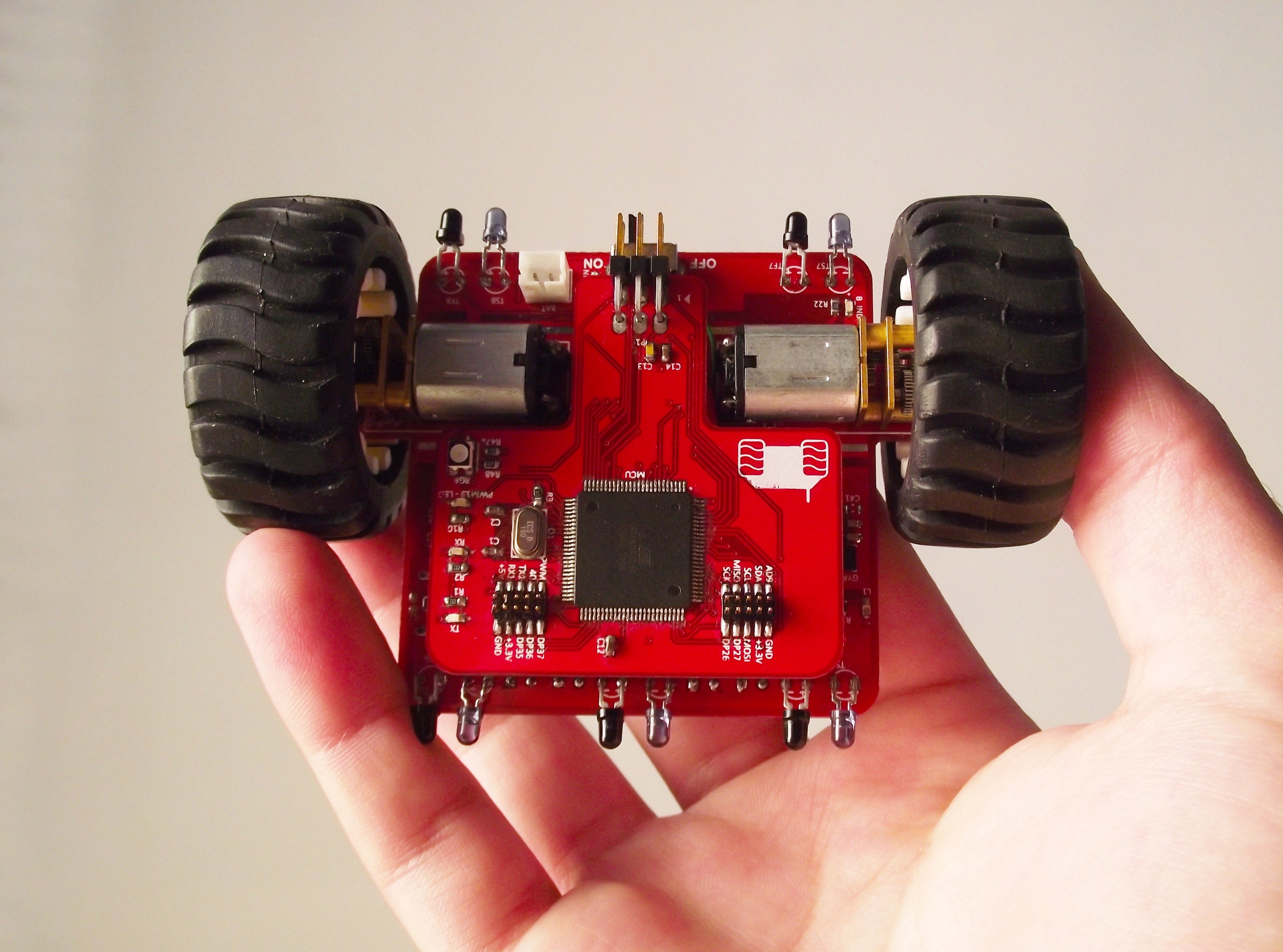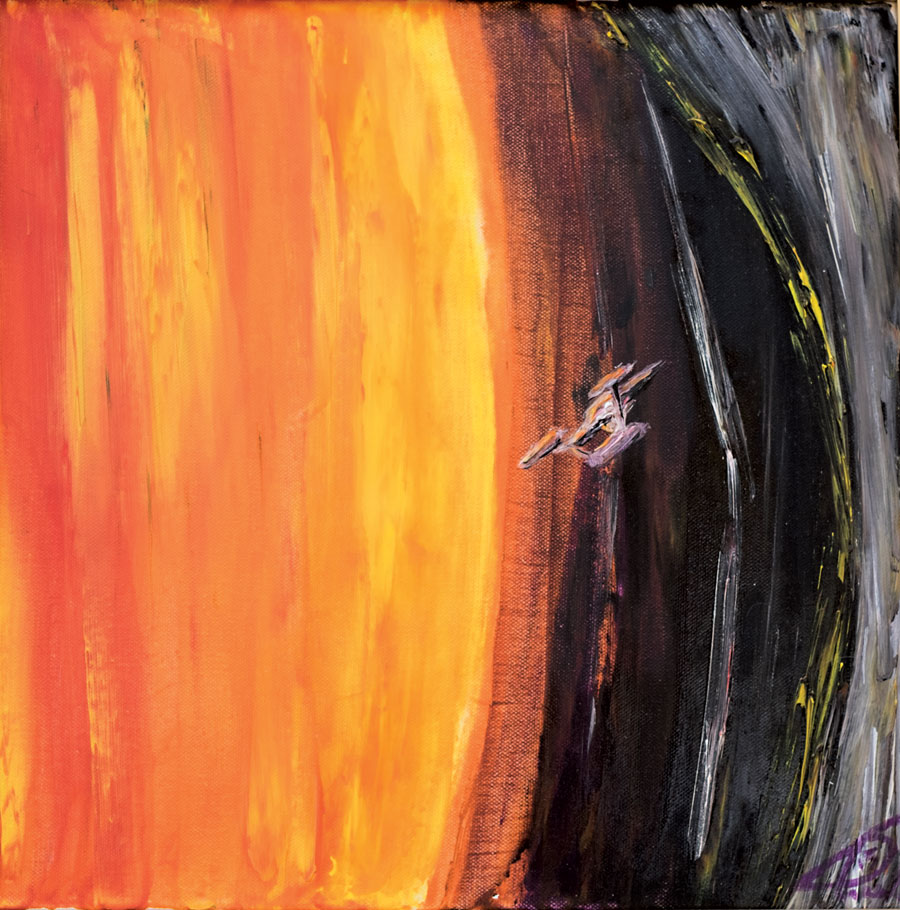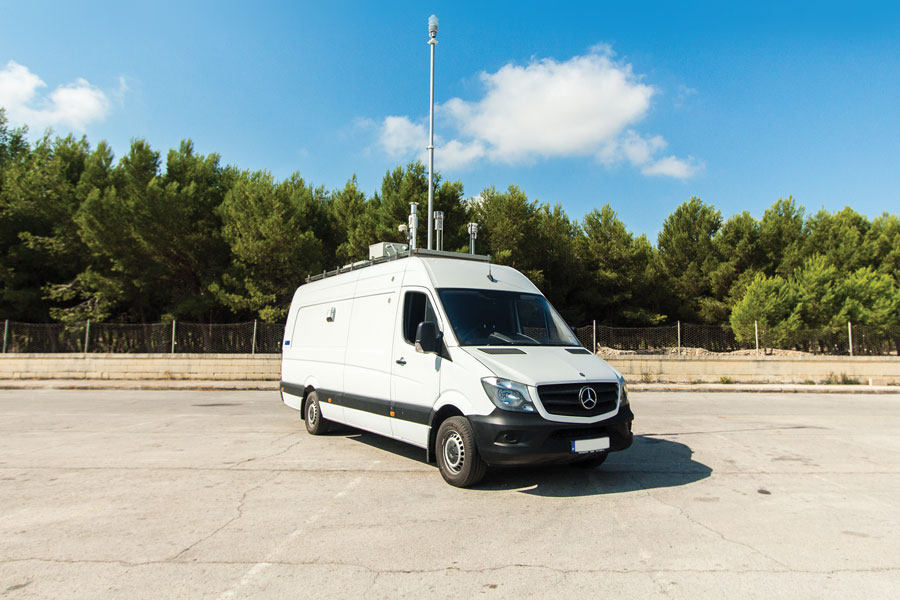By Dr Ġorġ Mallia
Somewhere
Film review by Charlo Pisani
Continue readingTrump the Thump
Game review by Costantino Oliva
Continue readingNewton and the Counterfeiter
Book review by David Reuben Grech
Continue readingEphemeral spaces
Valletta 2018 Foundation
Continue readingLeaving a legacy
A legacy gift is a planned future donation to a charity or trust which is given through a will or other designation. It allows individuals to express personal values by integrating charitable, family, and financial goals. Planned gifts drawn up in wills can be made in cash, or by donating assets such as stocks, real estate, and art pieces. The possibilities are endless.Continue reading
Tenor Joseph Calleja to open start-up conference
Start-ups to change a country. Lars Lorenz meets TAKEOFF Business Incubator manager Andy Linnas to find out more.
Start-up companies have evolved from being nice to have into a must have. Traditional business models cannot match their capacity to advance into uncharted territory and risk taking abilities. Banking, media, telecommunication, and manufacturing are only a few examples that have changed heavily since the start-up culture exploded. The rapid change has uncovered major challenges. Networks are lacking, allowing for no easy way to collaborate or share ideas, which is key for young start-ups to succeed. The gap between small businesses and established companies is undesirable to sustain a healthy economy.
 The ZEST conference offers a unique opportunity for entrepreneurs, managers, students, and those interested in business to chat and share knowledge. The two-day event is organised by the Malta Communication Authority in collaboration with the TAKEOFF Business Incubator (University of Malta). Armed with their past experience the team invited more than 34 different speakers. Contrary to other events, ZEST throws excessive formalities out of the window and focuses on creating an enjoyable atmosphere instead.
The ZEST conference offers a unique opportunity for entrepreneurs, managers, students, and those interested in business to chat and share knowledge. The two-day event is organised by the Malta Communication Authority in collaboration with the TAKEOFF Business Incubator (University of Malta). Armed with their past experience the team invited more than 34 different speakers. Contrary to other events, ZEST throws excessive formalities out of the window and focuses on creating an enjoyable atmosphere instead.
The venue, Westin Dragonara Resort’s Conference Centre, is outfitted with a tech demo space, piazza, and co-working area. The setup encourages chats in breaks and between talks to share ideas and encourage participants to start working on their next big project. ‘ZEST tries to be an event not just for techies. It caterers to everyone’s interest,’ says Andy Linnas. Their unusual approach is clear: the famous tenor Joseph Calleja is opening the conference to talk about the classical music and opera industry.
Malta stands to gain by opening up internationally. The Islands can show what it has to offer, while local businesses can obtain fresh inspiration from abroad. Even established companies can benefit immensely, since they need start-ups to innovate. Conquering emerging markets quickly is essential to staying competitive, but big business cannot adapt that quickly. They need start-ups to go into these niches for them, and in turn large corporations need to provide the necessary resources to do so.
‘If businesses don’t prepare and become flexible and open to change, many may lose out on this revolution.’
Linnas experienced the possible impact of such events first hand during Latitude59, a big start-up conference in Estonia. It is now in its 9th year, but beforehand Estonia hardly had a start-up culture. Today the landscape has changed. Whole parts of the city have been refurbished into modern areas filled with restaurants, office space, and apartments, ready for people from all around the world to move in. Having that international talent intertwining with the Estonian community allowed start-ups to raise over €100 million of investments that created thousands of jobs. This movement placed Estonia on the map. ‘I believe society will always benefit from startup culture and we can make this happen in Malta,’ Linnas envisions.
ZEST is the first step in that direction. It will be happening from 27–28 June at Westin Dragonara Resort, St. Julian’s. Prices start at €149, while university staff and students are being offered special rates. For more information visit their website or contact ZEST directly.
Robots in the Classroom
Reuben Ferrante, a University of Malta Engineering graduate and founder of eeRoot, has developed a small robot called eeMod. eeMods are built from only two modules stacked on top of each other. The bottom module is a ‘sensor hub’ that can sense the environment around it. It does so through connections (wifi, bluetooth, USB, microSD card slot), several sensors (gyroscope, accelerometer, light sensors), and a bit more wizardry. The second module is the controller, or brain. Its programmable controller is entirely compatible with the Arduino platform—a standard used worldwide. A set of wheels let’s the eeMod zip around.
Because the robot’s brain is empty by default, it can be hooked up to a computer to upload data. eeMods understand complex instructions and can utilise their senses to act accordingly. Users can start programming by using a very simple Arduino compatible drag and drop interface, and later make the transition to writing their own code. Having all that technology in one sleek package is one of the their unique selling points. Although eeMods were originally designed to streamline the scientific workflow in robotics, it is receiving a lot of attention from educational institutions. The robot’s simplicity allows it to be uses in schools giving children early insight into robotics. Ferrante has received multiple requests to provide a syllabus paired to the eeMods and tailored to Malta’s educational system.
Sphero is another miniature classroom robot, but looks very different from an eeMod. The company SPRK provides a near indestructible ball that can move around via various motors at its core. Recently the developers made it possible to programme Sphero through a smartphone app. For some quick fun the ball can also be remote controlled using the same app. It can move across all kinds of surfaces, and even through water—the perfect classroom bot.
The robots approach education from different angles and target different age groups. eeMods are the perfect device to delve into the technology behind robotics and learn programming algorithms early, while Sphero is a nice toy to play around with, enabling even technophobe people to experience the miracle that robots are.
With an increasing presence in everyday life robots are here to stay, in one form or the other. Allowing children to get familiar with the technology early helps teach lifelong skills and inspire them for the rest of their life.
For more information visit the official eeRoots website.
This article first appeared in ‘Sounds of Science’ in the Times of Malta, May 22 2016.
Science, art, academia: Star Trek
The Star Trek academic symposium will be held at the Faculty of ICT, University of Malta, on 15 and 16 July 2016. This event will be a platform for both academics from various disciplines as well as Star Trek fans to meet and explore the intersection between the humanities and the sciences. There will be inspirational presentations from national and international speakers, with the programme tailored to attract a wide audience. Contributors will be encouraged to explore contemporary issues in medicine, science, and technology as well as philosophical, psychological, and sociological issues connected with the science fiction entertainment franchise Star Trek.
A similar symposium was held in 2014 and which proved to be a worldwide first that successfully drew participation from many international scholars including American philosopher Jason Eberl, UK-based neonatologist and ethicist Neena Modi.
As a result of its success, this second event that marks the 50th anniversary from the launch of Star Trek: The Original Series is being organised. The event will be held under the auspices of the Humanities, Medicine and Sciences Programme (HUMS), a University of Malta programme set up to explore and encourage the interfaces between the humanities, medicine, and sciences. The Science Fiction Symposium will appeal to scientists and fans of science fiction alike..
For more information, visit the website.
Mobile Air Quality Laboratory (MAQL)
The Mobile Air Quality Laboratory (MAQL) is the first of its kind on the Maltese Islands. Run by a team of geoscientists at the University of Malta, the MAQL can assess the quality of the air by continuously monitoring particulate and gaseous air toxics.
The particulates it can detect vary in size. The finer particles (PM1 and PM2.5) are usually the most dangerous respirable fraction but the instrumentation can also measure coarser sized particles (PM4 and PM10). The suite of gaseous pollutants that can be checked are sulfur dioxide, oxides of nitrogen, carbon monoxide, ozone, Volatile Organic Compounds (VOCs), organic and elemental carbon, and radon.
| Mobile Air Quality Laboratory (MAQL) |
Quick Specs:
|
The MAQL is able to compare the air in indoor and outdoor spaces while recording meteorological conditions onsite. The comparison helps scientists understand from where the pollution originates. Is there so much pollution in our environs because of all the cars outside our window? Or is it because of the new sofa the family next door just bought? Or perhaps it is a result of the redecoration the building down the road recently underwent. Such data is vital for scientists to be able to figure out the root of a problem, to create a model of personal exposure to the pollutants, and to develop safer measures for the general public.
The MAQL facility will help scientists develop a clearer picture of the indoor air quality across the Maltese Islands. It will help other scientists interpret older data, and enable them to design new studies. Medics can match such data with population studies and assess disease rates around Malta. The MAQL can determine the sources of pollution inside buildings with the help of lifestyle and meteorological data, providing enough information for the construction of dwellings which have cleaner and safer air for everyone.

